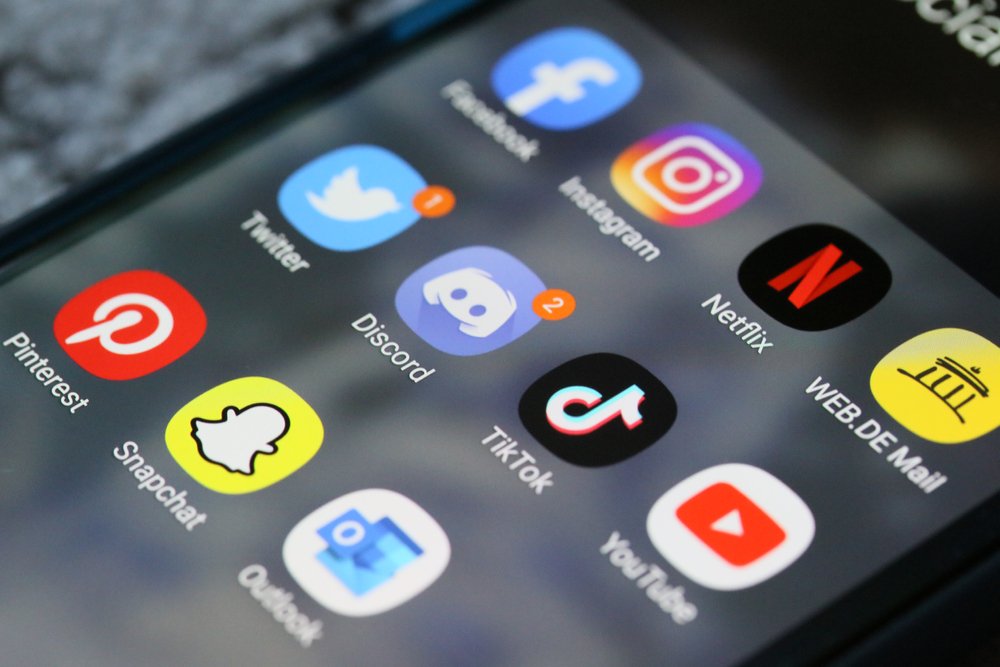
We are living in profoundly confusing times. Even as the number of COVID-19 cases continues to rise, the endless stream of mixed messages from government officials results in vast interpretations of what one can and cannot do during a pandemic. Although we have been advised by the CDC to socially distance, wear masks, and stay home when possible, videos and photos posted on social media reveal an unfortunate reality: many Americans are living their lives as if it is just another summer. Physicians have also recently been in the spotlight for partying during these grave times, and we, as medical students, have personally witnessed peers willingly display their participation in activities irresponsible. As cases surge across America, showcasing these behaviors is especially problematic when it is shared by a medical professional. This pandemic has thus brought into question the range of responsibilities held by healthcare professionals and highlights the need for social media training in medical education.
Physicians have long abided by a set of moral principles that serve to protect patients and foster the well-being of the public. The Hippocratic Oath and standards of conduct, such as the AMA Code of Medical Ethics, are integral components of medicine that help define the ethical responsibilities and respectable behavior of physicians, both in-person and online. Especially in times of crises and public health emergencies, a medical professional’s online presence can have great implications due to the ubiquitous use of social media in the modern virtual age. Carl Lambert, the medical director of the Rush University Family Physicians Group and a clinical educator, mentions how “[social media] can foster either transparency or mistrust. As physicians, we have a responsibility to inform and help our patients and our communities to be able to make sense of what is happening in our world as it relates to new diseases, treatments, areas of health inequity, and ways to advocate for communities of people and not just individuals.” In our current public health crisis, healthcare professionals can, therefore, disseminate a false sense of reality and unknowingly provide their stamp of approval for imprudent behavior by sharing irresponsible content online.
Ongoing careless social media use by medical professionals underscores the need to incorporate courses on online professionalism into medical education. Workshops, discussions, or even additional sessions to an existing course on professionalism and ethics, would be exceptional opportunities to clarify the social responsibilities of future physicians. The curriculum should focus on clarifying the boundaries between professional and personal lives, providing guidance on keeping the “two spheres separate,” and educate students on how to present themselves appropriately in both. The curriculum should also include discussions on maintaining trust in the patient-physician relationship by requiring students to “apply ethical principles for preserving the relationship, confidentiality, privacy, and respect for persons” to online environments. These sessions can also offer guidance on utilizing social media responsibly in the context of an existing public health crisis.
It is imperative to mention that medical students recognize the need to take on the social media responsibilities of healthcare professionals. For instance, students at the George Washington University School of Medicine participated in large group discussions regarding social media use as a part of their professionalism curriculum. After these sessions, 65 percent of students considered changing their social media presence. In essence, students became more conscientious of their social responsibility on online platforms with the appropriate tools and education. Although more research is needed to formally develop this curriculum on online professionalism, immediate discussions in classrooms regarding this topic would be a valuable way for students to increase their awareness of the influence of social media in instilling trust in peers, colleagues, and the general population.
With social media permeating the field of medicine, formal education on maintaining online professionalism can help nurture better physicians who are more knowledgeable about the power of virtual platforms. Lambert mentions that “despite so much vitriol, [providers] must be aware that we are essentially always seen as role models in whatever space we’re in and must always be cognizant of that responsibility, so some training or potential scenarios or “cases” for students to work through and discuss might be helpful to avoid potential pitfalls.” Alongside other ethics courses already present in medical education, instruction on social media professionalism can help students navigate its obstacles, build trust among the public, and generate responsible, educational content. With better-informed leaders in medicine, the hope is to mitigate some of the challenges seen in our current and future public health crises.
Oscar Chen, Sera Choi, and Clara Seong are medical students.
Image credit: Shutterstock.com
